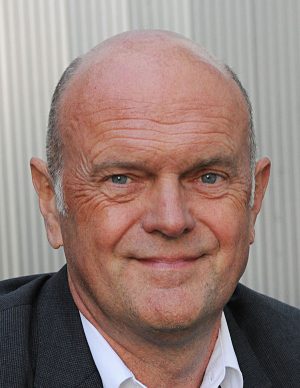 By Michael Meyer.
By Michael Meyer.
As elsewhere, the pandemic has triggered many issues for the nonprofit sector. The Austrian government established a nonprofit rescue fund early last year that has twice been extended and mainly covers the fixed costs of nonprofit organizations (NPOs). Austria is the only European country that supports her NPOs so generously. Still, many organizations, particularly in sports, culture and the arts, are terribly hit by the lockdown and will need more support for recovery.
One major issue, independent of the recent pandemic, concerns the overall regulatory framework for NPOs. In Austria, the regulations for receiving tax benefits are restrictive. To be exempt from corporate tax, NPOs must contribute exclusively and directly to the common good. The deductibility of donations and private giving is even more exacting and only granted to NPOs listed by the tax authorities. In addition to being among Europe’s strictest, Austria’s regulations aren’t predictable, as corporate tax exemptions are granted on only a yearly basis. The current administration plans to reform these issues with the aim to incentivize private philanthropy, social business, and to remedy fiscal obstacles for foundations.
What reforms are needed?
Moreover, although Austria is a small country, her NPOs suffer from excessive regulation; federal and provincial regulations for social-service funding need greater harmonization and less bureaucracy. Modernizing the overall regulation of philanthropy needs a legislative initiative by the government or by a majority in parliament. In practice, a joint effort by the conservative Volkspartei and their junior-partner, the Green Party, would be necessary. Also, third-sector representatives are ready to engage in this process, and I see strong political will to tackle these issues after the pandemic.
I’m less optimistic about other challenges. Harmonizing the regulatory framework for social-service providers (the most important segment of Austria’s nonprofit sector) would need stronger collaboration and consensus across nine provincial governments. The same is true in terms of helping NPOs to recover after the lockdown, as many nonprofit industries are the responsibility of provincial governments.
I’m still optimistic on other fronts. During the pandemic, the federal government realized and appreciated the enormous contributions of NPOs to health care, culture, education, and to society and the economy. Furthermore, self-representation has developed significantly and has overcome polarization between a few, big NPOs and thousands of smaller ones.
Michael Meyer is a Professor and Head of the Institute for Nonprofit Management, Vienna University of Economics and Business. Meyer is on LinkedIn. Photo of Vienna, Austria, is courtesy of Leyre & Unsplash.
Next story in the Policy in Europe series



